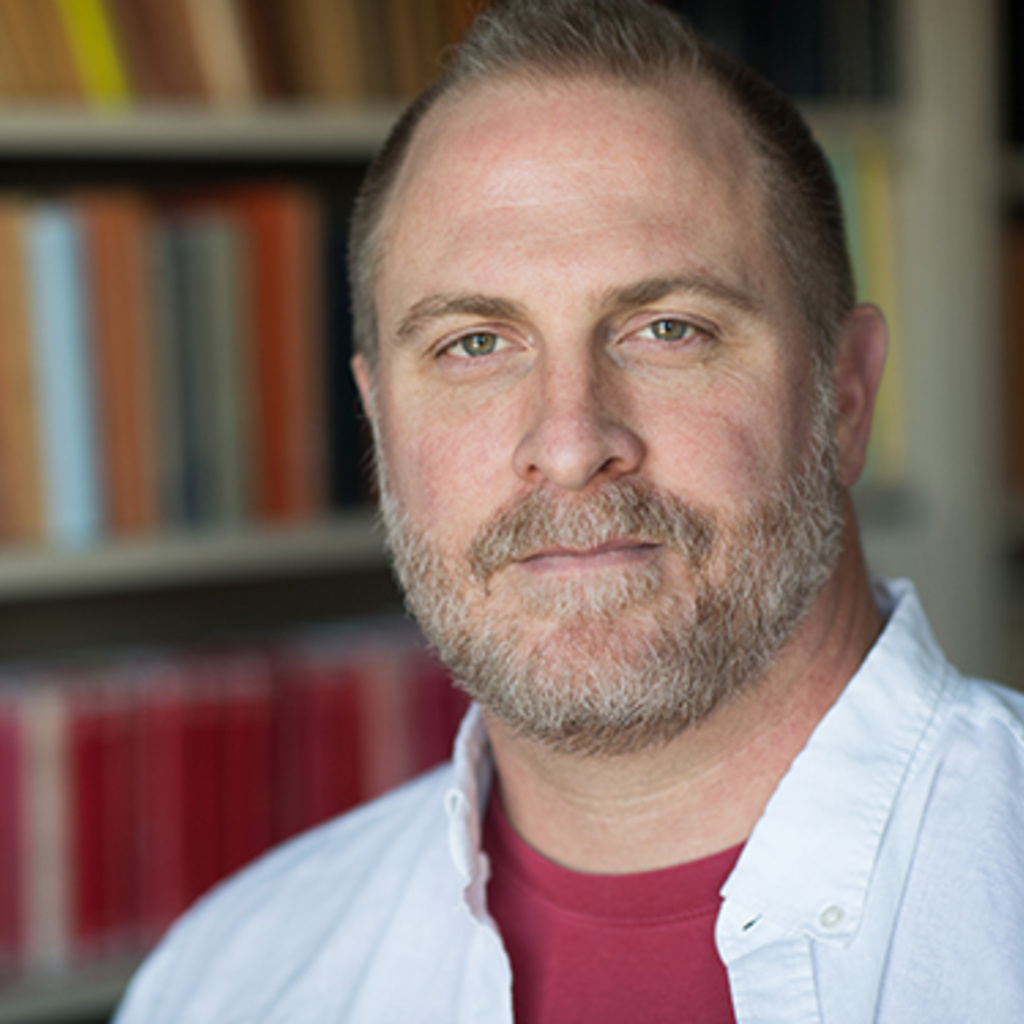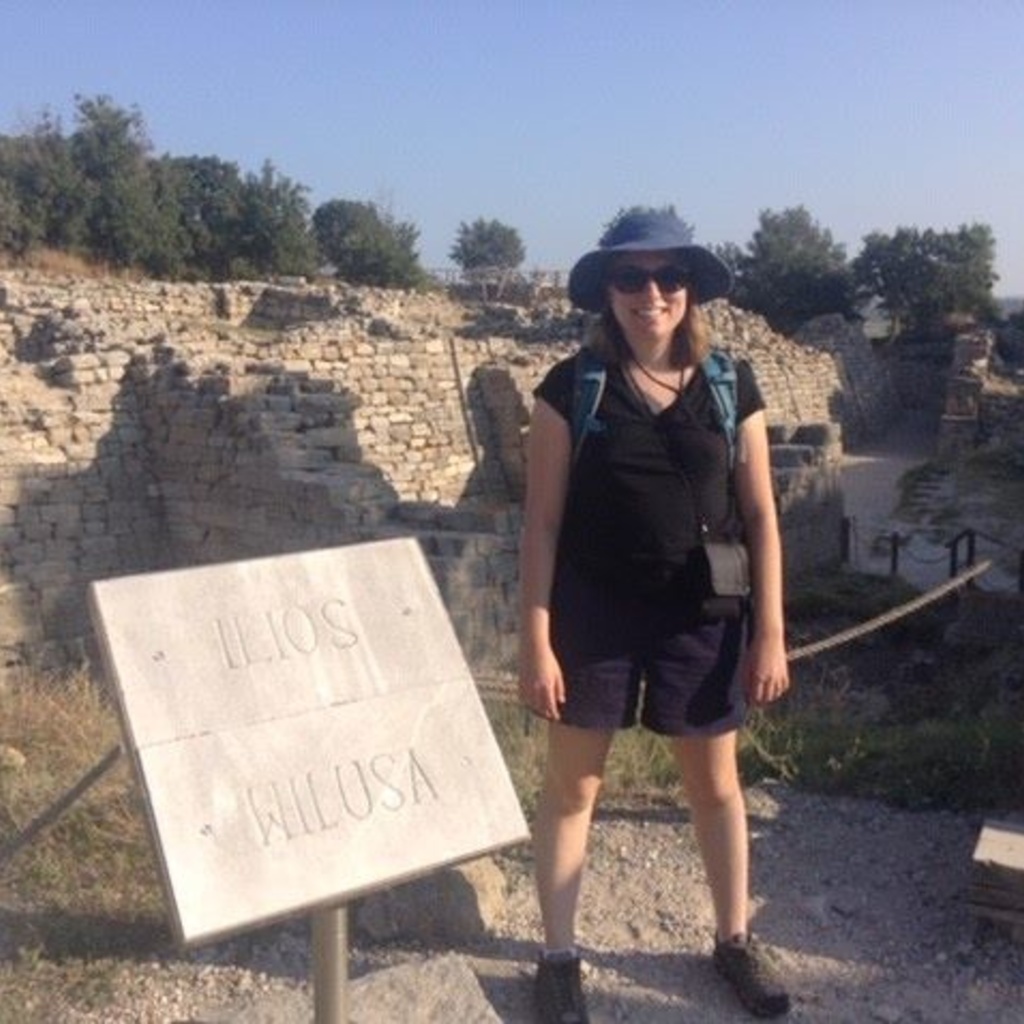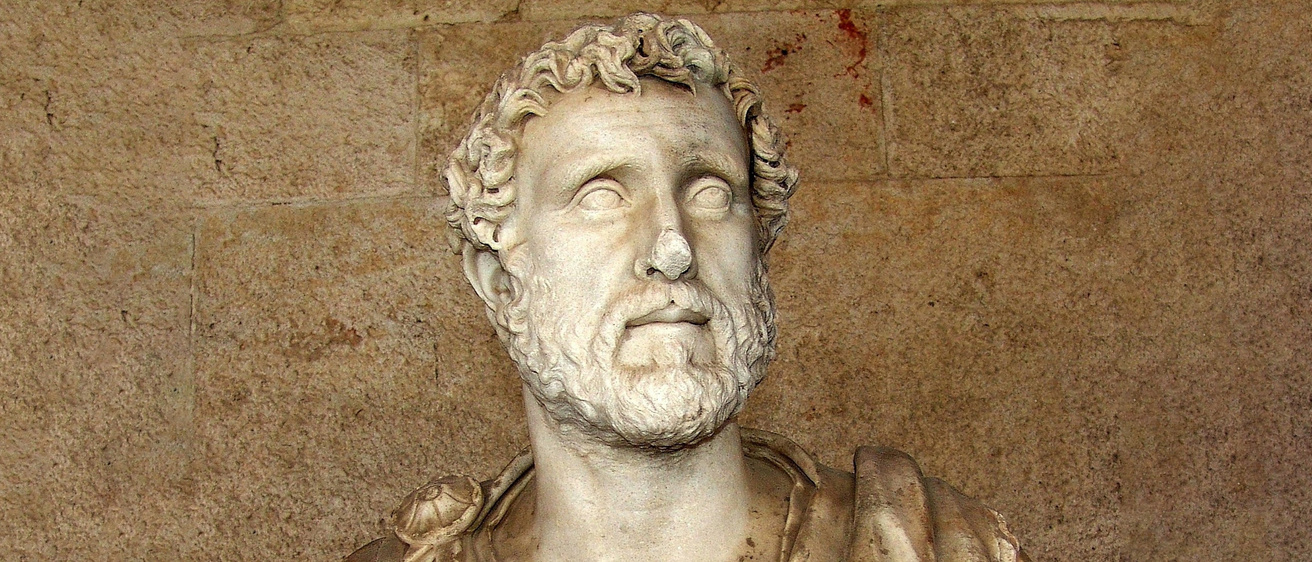Across the spectrum of Classics studies, from Homer to late antiquity
The Department of Classics combines rigorous and supportive training of our students with close mentoring and broad support. We are committed to training our graduate students to the highest standards and preparing them for the demands of both scholarship and teaching in the new millennium, as well as jobs outside of the academy, such as those in secondary education, publishing, writing, and public policy.
We teach across the spectrum of classical studies, from Homer to late antiquity. We have particular strengths in Homer and Greek Poetry, Greek and Roman Rhetoric and Oratory, Ancient and Medieval Prose Fiction, Book History and Manuscript Studies, Ancient Archaeology, Hellenistic Judaism, Early Christianity, Late Antique Religions, Biblical Studies, History of Education, Economy, Urbanism, Collapse, Gender and Sexuality, Digital Humanities, and Public Humanities.
Nearly all our Ph.D. students are supported through fellowships or research or teaching assistantships. We make every effort to give six years of support to all Ph.D. students who are making satisfactory progress toward their degrees.
M.A. in Classics | M.A. in Greek | M.A. in Latin | Ph.D. in Classics
Graduate Faculty

Paul Dilley, Ph.D.

Robert Cargill, Ph.D.

Craig Gibson, Ph.D.

Glenn Storey, Ph.D.

Celsiana Warwick, Ph.D.
Master of Arts in Classics
The master’s degree program in Classics is intended for students who wish to teach Classics—Greek, Latin, mythology, Mediterranean archaeology, ancient philosophy and classical literature from Homer to Plato to the Bible to the Church fathers—at the high school level or who wish to transfer to another institution for Ph.D. work. If your goal is to teach and do research at the university level, you should apply for the Ph.D. in Classics.
Learning Outcomes
- understanding of advanced Greek and Latin vocabulary and grammar;
- broad knowledge of ancient Greek and Latin literature;
- comprehension of ancient Mediterranean states, geography, and history;
- synthesis of the interplay between economics and trade, politics, warfare, class, race, ethnicity, gender, and rhetoric; and
- application of ancient concepts to modern problems.
Want to get started?
Learn more about the program, including courses, curriculum, and requirements here.
Master of Arts in Greek
The master’s degree program in Greek is intended for students who wish to teach Greek language, literature, and history at the high school level. It is also intended for those who wish to transfer to another institution for Ph.D. work. If your goal is to teach and do research at the university level, you should apply for the Ph.D. in Classics.
Learning Outcomes
- understanding of advanced Greek vocabulary and grammar;
- broad knowledge of ancient Greek literature;
- comprehension of ancient Greek history, material culture, and cultural cohesion, differentiation, and development over time; and
- application of a knowledge of Greek language and culture to modern educational and civic issues.
Want to get started?
Learn more about the program, including courses, curriculum, and requirements here.
Master of Arts in Latin
The master’s degree program in Latin is intended for students who wish to teach Latin language, literature, and Roman history at the high school level. It is also intended for those who wish to transfer to another institution for Ph.D. work. If your goal is to teach and do research at the university level, you should apply for the Ph.D. in Classics.
Learning Outcomes
- understanding of advanced Latin vocabulary and grammar;
- broad knowledge of ancient Latin literature;
- comprehension of ancient Roman and Italian history, material culture, and cultural cohesion, differentiation, and development over time; and
- application of a knowledge of Latin language and Roman culture to modern educational and civic issues.
Want to get started?
Learn more about the program, including courses, curriculum, and requirements here.
Doctor of Philosophy in Classics
The Ph.D. program in Classics is intended for students who wish to pursue original research in the wide-ranging field of Classics—Greek, Latin, Semitic languages, ancient Mediterranean religions and mythology, Mediterranean archaeology, ancient philosophy and classical literature from Homer to Plato to the Bible to the Church fathers. We also train our graduate students to teach languages and literature the university level.
Learning Outcomes
- understanding of the vocabulary and grammar of the Classical languages they have chosen to study (e.g., Greek, Latin, Hebrew, Aramaic, Syriac, Coptic) at an advanced level;
- broad knowledge of the ancient literature corresponding to their chosen languages of study;
- application of ancient concepts learned to modern problems;
- ability to conduct original research in various subjects within the field of Classics;
- ability to conduct archaeological field research and teach it at the university level;
- develop the writing skills necessary both to publish articles and critical research volumes at the peer-review level, and popular articles in trade books, magazines, newspapers, and online publications; and
- acquire the public speaking skills necessary to present research both in professional academic settings and in popular, public venues.
Want to get started?
Learn more about the program, including courses, curriculum, and requirements here.
